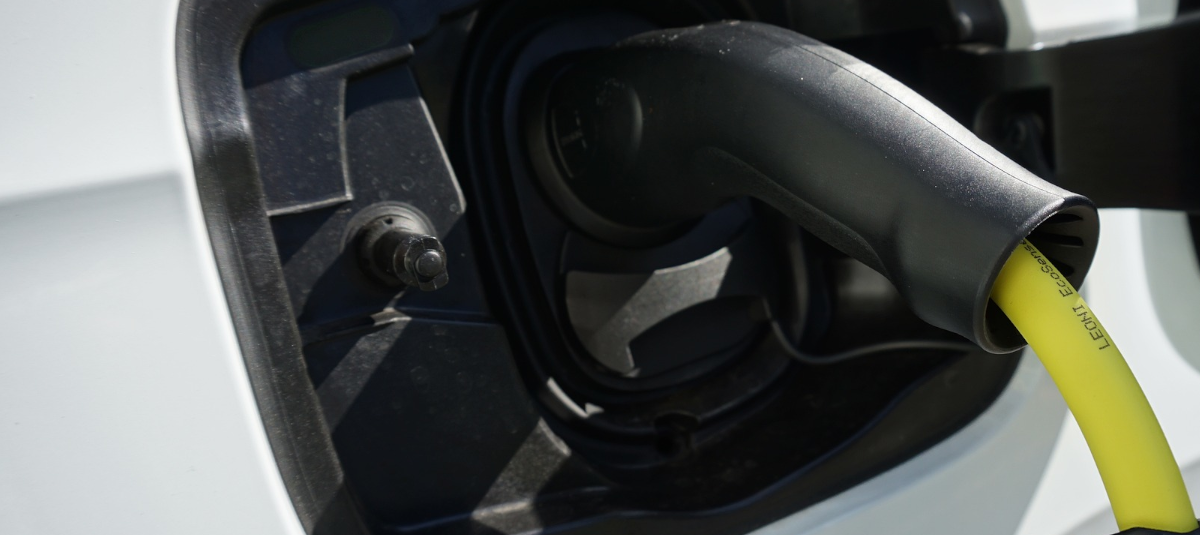Biennial Report XXIII of the Monopolies Commission under § 44(1) ARC, 29 July 2020
The People's Republic of China has experienced impressive economic development since the introduction of the first market economy reforms a few decades ago. Today, China is neither a market economy nor a planned economy, but with its "Socialist Market Economy with Chinese Characteristics", it is pursuing a hybrid economic model that contains both state and market economy elements. To achieve its economic policy goals, the Chinese state intervenes in the economic process in a variety of ways, including subsidies to state and private companies.
In order to avoid competitive disadvantages for European companies, which can arise in particular as a result of third-party subsidies, there has for some time been an increasing debate about possible reforms in European foreign trade and competition law. It should be noted that the influence of third countries on the economy is already subject to rules. In cross-border trade, European companies are protected by anti-dumping and anti-subsidy instruments. Although the EU competition rules are not directly applicable to measures taken by third countries, they are nevertheless applicable to the behaviour of third country companies in the EU. When assessing the market position of such companies in abuse and merger control, it can also be taken into account that a third country is behind them.
In order to close the existing gaps, the Monopolies Commission recommends the introduction of a third-country aid instrument, which would put third-country subsidies and Member State aid on an equal footing as far as possible. In contrast to the European Commission's proposal, which in its White Paper on ensuring fair conditions of competition with regard to subsidies from third countries proposes three modules, the Monopolies Commission advocates a uniform instrument. Such an instrument on third country subsidies, which could take the form of a regulation based on Art. 103, 109 in conjunction with Art. 352 TFEU and which could be designed as a right of intervention would ensure that all economic support measures of states that benefit companies in their economic activities in the EU internal market are treated equally, except for particular EU interests in the advantages associated with third state subsidies. Moreover, in cases of company acquisitions and in the case of Member State procurements, a standstill obligation should apply to all parties involved, i.e., the procedure should be suspended until the third country subsidy has been reviewed. This would prevent the subsidy from being passed on to the seller in cases of company acquisitions or, in the case of procurements, to the body responsible for the tendering body, and a possible compensatory levy would then have to be imposed on this indirect beneficiary.
In the case of companies with a state capital participation above a certain threshold (e.g., 20%), it should be presumed that measures are taken against them which, as a Member State measure, would violate Article 107(1) TFEU. In order to overcome other information problems with regard to transactions in third countries, it should be possible to refer to the facts available if necessary. In instances in which companies merge which may be exposed to potential competition from third-country companies, merger control should in future take greater account of the fact that the market entry of these third-country companies may depend on political-strategic and not only economic considerations.
Downloads:
- Chinese state capitalism: A challenge for the European market economy (English translation of Chapter IV of the XXIII. Biennial Report)
- Chinas Staatskapitalismus: Herausforderung für die europäische Marktwirtschaft (Chapter IV of the XXIII. Biennial Report, in German langauge)















